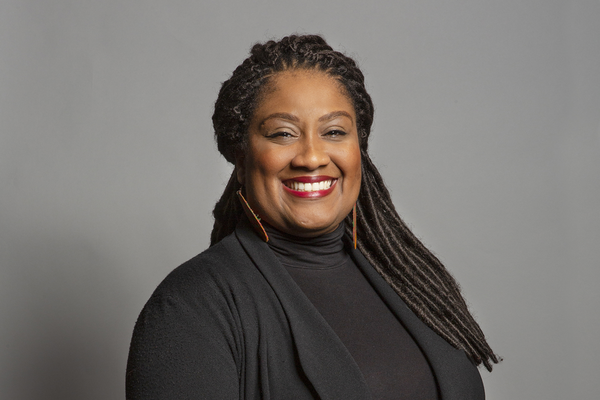
Labour MPs pressuring Starmer to issue British Government Apology and Reparations for Slave Trade if he becomes PM
Labour should issue a formal apology and reparations for the UK’s role in the transatlantic slave trade if it wins power, left-wing MPs have said.
The party said Sir Tony Blair had already said "Sorry for the wrongs of slavery" when he was prime minister, but Bell Ribeiro-Addy and other backbench Labour MPs have said they want to see their party go further should it win next year's general election.
They say the British government has never officially apologised for its participation in the slave trade, despite Blair having apologised in 2006 and again in 2007.
They want the UK to emulate what other European governments have done, such as the Dutch state, whose prime minister formally apologised at a ceremony and pledged millions of euros to slavery awareness projects in 2022.
Prime Minister Rishi Sunak has rejected the idea and said "trying to unpick our history is not the right way forward".
But Ms Ribeiro-Addy told the BBC "I don't believe he's going to be the prime minister for much longer".
"So we look towards a new party in government and what they might do." said Ribeiro-Addy, a former shadow immigration minister under left-wing Labour leader Jeremy Corbyn. The MP has long called for Britain to pay reparations for the slave trade.
Meanwhile, a bloc of 15 Caribbean nations has officially now began the process to press European nations and institutions into 'negotiations', suggesting a ridiculously large sum to be paid in reparations for the slave trade.
The group of Caribbean countries are now demanding negotiations with Britain, France, Spain and Denmark, with a combined figure of $33 trillion (or £26 trillion) being sought in compensation.
The outrageous demand is just one part of a 10-part plan, which also includes a formal apology, cancellation of historic debts, direct payments to their governments, and funding of health and education.
Britain, the bloc claims, owes the largest payout of all.
After Britain's share of the equivalent of £15.6 trillion, the Caribbean nations also want money from Spain and France.
People who have never been involved in slavery are set to be officially asked for compensation by people who have never been enslaved, as national reparations commissions in the Caribbean are already preparing formal legal letters to send to the British royal family and other British institutions.
It is understood that these formal letters will be sent by the end of this year, the Times has reported.
Initially the commissions had directly targeted governments to seek reparations for slavery that was abolished by Britain in 1833 and by America in 1865. However, there has been a shift in approach, heavily influenced by Laura Trevelyan, the former BBC correspondent, who gave a whopping £100,000 to 'atone' for her family's ancestral slave holdings.
Speaking to The Telegraph in Grenada, Arley Gill, chair of the island nation's Reparations Commission, said "We are hoping that King Charles will revisit the issue of reparations and make a more profound statement beginning with an apology, and that he would make resources from the Royal family available for reparative justice."
"He should make some money available. We are not saying that he should starve himself and his family, and we are not asking for trinkets."
"But we believe we can sit around a table and discuss what can be made available for reparative justice."
He added that the duty to offer reparations lay "at all levels, banks, churches, insurance companies like Lloyds, and universities and colleges that benefited".
Mr Gill added "I would say that since the Laura Trevelyan initiative, there has been a buzz among our leaders in the Caribbean that this thing ought to happen and should happen."
"Our leaders have seen that this thing is feasible. When we spoke of reparations five years ago, ten years ago, in some circles we were laughed at."
"What we are asking for is not charity. It's not about the British aid programme. We are saying that you must pay your debt, which is not a hand out, it is an obligation morally and legally."
Other institutions understood to soon be sent letters demanding payment include banking institutions and the Church of England.